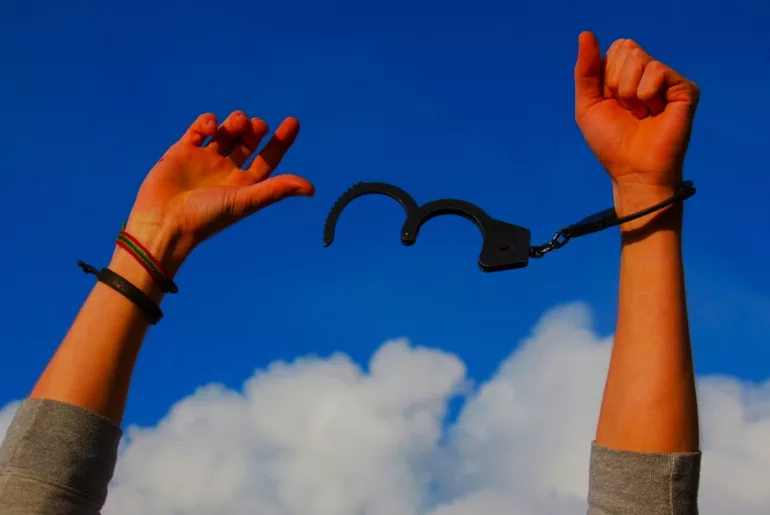Introduction
Navigating the complexities of the criminal justice system can be daunting, especially when facing criminal charges. Understanding the strategies that may lead to a prosecutor dropping charges is crucial. This guide delves into various approaches, including leveraging exculpatory evidence, exploring pretrial diversion programs, and understanding the nuances of plea bargains and constitutional rights.
Exculpatory Evidence: A Key to Dismissal
Exculpatory evidence is crucial in convincing a prosecutor to drop charges. It includes any information indicating the defendant’s innocence or the state’s inability to prove guilt beyond a reasonable doubt. Strong examples of exculpatory evidence are:
- Surveillance footage showing a different perpetrator.
- Alibi evidence proving the defendant’s absence from the crime scene.
- Confessions from other individuals.
When exculpatory evidence is compelling, it may lead prosecutors to reconsider the viability of their case.
Pretrial Diversion Programs: An Alternative Path
Pretrial diversion programs offer a pathway to get charges dropped, particularly for first-time offenders or those charged with minor offenses. These programs typically involve:
- Arrest and charge of the defendant.
- Eligibility assessment for diversion.
- Guilty plea by the defendant.
- Suspension of the sentence.
- Participation in the diversion program.
- Completion of the program leading to charge dismissal.
- Case dismissal by the court.
Diversion programs often include conditions like attending counseling, paying restitution, and regular check-ins with a probation officer.
Plea Bargains: Negotiating Charge Reduction
Plea bargains can result in the dropping of one or more criminal charges. Count bargaining, a common type of plea deal, involves the defendant pleading guilty to certain charges in exchange for others being dropped. This approach can be beneficial in reducing legal penalties and gaining some control over the case’s outcome.
Addressing Constitutional Violations
Violations of constitutional rights by law enforcement can lead to dropped charges. Demonstrating such violations might weaken the prosecution’s case. Commonly violated rights include:
- Fourth Amendment rights against unreasonable searches or seizures.
- Fifth Amendment rights against forced self-incrimination.
- Sixth Amendment rights to legal counsel.
Proving a constitutional violation requires a skilled criminal defense attorney.
Domestic Violence Cases: Impact of Victim Cooperation
In domestic violence cases, the cooperation of the alleged victim is often crucial. If the victim chooses not to cooperate, it might affect the prosecution’s ability to proceed. However, this does not guarantee dropped charges, as prosecutors can decide to continue based on other available evidence.
- Victim Cooperation Essential: In domestic violence cases, the alleged victim’s cooperation is typically crucial for the prosecution.
- Non-Cooperation Impact: If the victim is uncooperative, it may hinder the prosecution’s case.
- No Guarantee of Dropped Charges: Despite a victim’s non-cooperation, charges may not be automatically dropped.
- Prosecutor’s Discretion: Prosecutors may still proceed with the case using other available evidence.
Conclusion
Understanding the strategies to potentially persuade prosecutors to drop criminal charges is vital in navigating the criminal justice system. From leveraging exculpatory evidence to understanding the nuances of plea bargains and pretrial diversion programs, each case demands a tailored approach. Consulting with an experienced criminal defense attorney is crucial in exploring these options and working towards the most favorable outcome.
